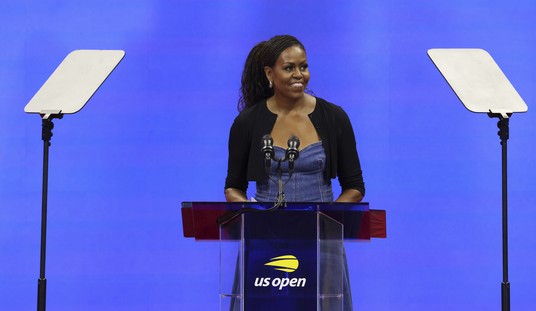Election year politics generates much rhetoric and confusion. And the media often adds its spin. But, fortunately, there are some books around that deal with reality and can cut through the nonsense. Most of these books were not written during this election year, but what they presented can be very eye-opening on the issues raised by politicians this year.
If you are concerned about issues involved when some people want to expand the welfare state and others want to contract it, then one of the most relevant and insightful books is "Life at the Bottom" by Theodore Dalrymple. It was not written this year and is not even about the United States, much less our current presidential or other candidates.
What makes "Life at the Bottom" especially relevant and valuable is that it is about the actual consequences of the welfare state in England -- which are remarkably similar to the consequences in the United States.
Many Americans may find it easier to think straight about what happens, when it is in a country where the welfare recipients are overwhelmingly whites, so that their behavior cannot be explained away by "a legacy of slavery" or "institutional racism," or other such evasions of facts in the United States.
As Dr. Dalrymple says: "It will come as a surprise to American readers, perhaps, to learn that the majority of the British underclass is white, and that it demonstrates all the same social pathology as the black underclass in America -- for very similar reasons, of course." That reason is the welfare state, and the attitudes and behavior it promotes and subsidizes.
Another and very different example of the welfare state's actual consequences is "The New Trail of Tears" by Naomi Schaefer Riley. It is a painful but eye-opening account of life on American Indian reservations.
Recommended
People on those reservations have been taken care of by the federal government for more than a hundred years. They have lived in a welfare state longer than any other minority in America. What have been the consequences?
One consequence is that they have lower incomes than any other minority -- including other American Indians, who do not live on reservations, and who are doing far better on their own.
The economic plight of people on the reservations is by no means the worst of it. The social problems are heart-breaking. As just one example, the leading cause of death, among American Indian boys from 10 to 14 years of age, is suicide.
As regards black Americans, there is much talk about the role of police. If you want a book that cuts through the rhetoric and confusion, and deals with hard facts, then "The War on Cops" by Heather Mac Donald does precisely that.
On racial issues in general, the best economic survey is "Race and Economics" by Professor Walter Williams of George Mason University. Just the table on page 35, showing unemployment rates among black and white teenagers, going all the way back to 1948, should demolish all the rhetoric and spin that tries to conceal the deadly effects of minimum wage laws on unemployment among black teenagers.
No community is better off for having large numbers of idle young males, hanging around with nothing to do except getting into trouble. Many other issues are covered in Professor Williams' book, including racial discrimination in general and the effects of various government interventions in the economy which disproportionately create problems for low-income minorities.
Among my own books, "Basic Economics" is probably best for people who want to look up a variety of economic issues, ranging from rent control to tax policies and international trade policies. It is written in plain English and has been translated into 7 foreign languages, so apparently many people find it useful and understandable.
For those who are especially interested in issues revolving around income distribution or the concentration of wealth, my "Wealth, Poverty and Politics" covers those issues and cuts through much political rhetoric on that subject.
So does another book on that subject: "Who's the Fairest of Them All?" by Stephen Moore. It was written four years ago, but it has a special relevance this year because Stephen Moore is now one of Donald Trump's economic advisors. That is one of the very few hopeful signs this election year.

























Join the conversation as a VIP Member